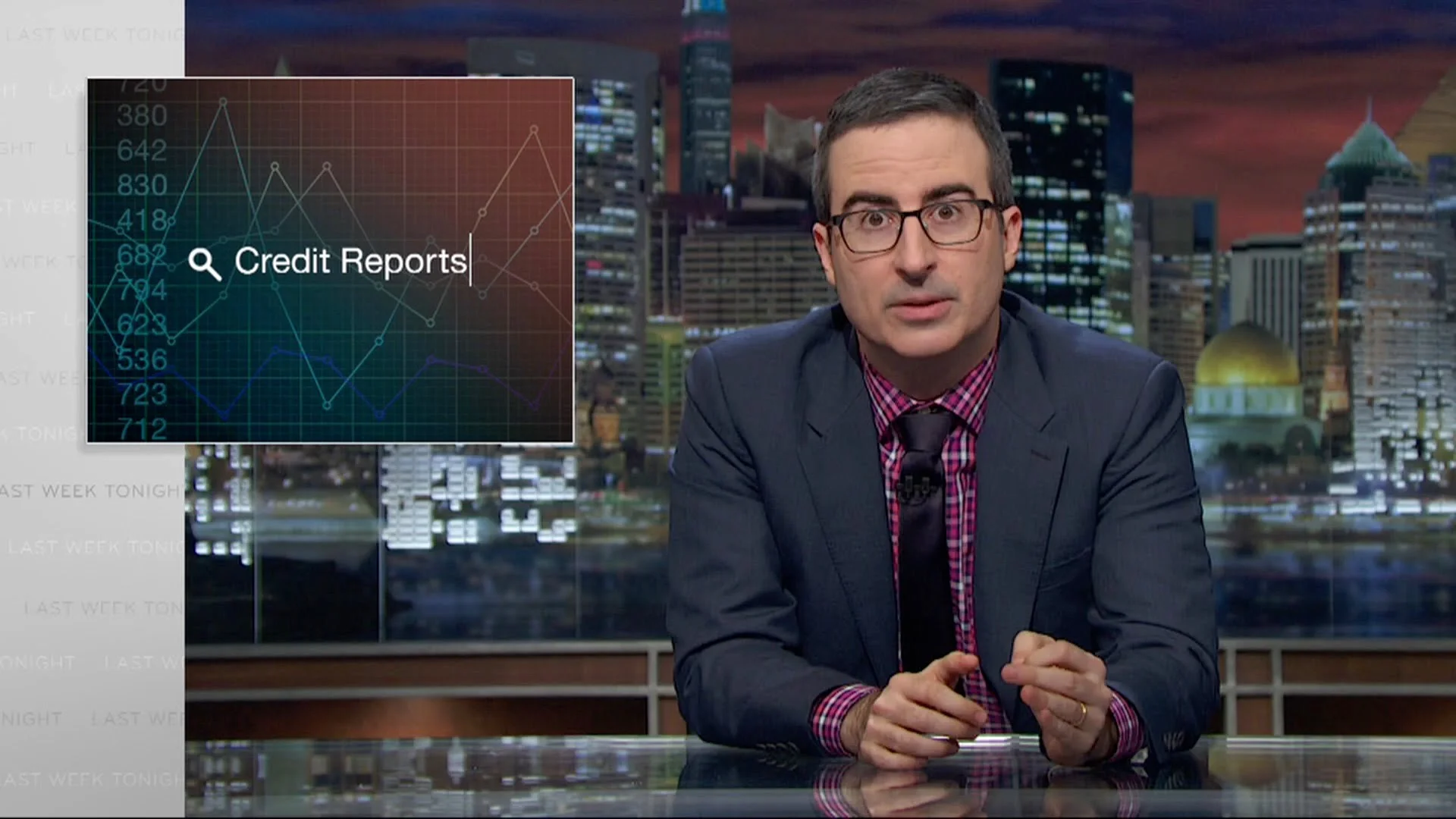The biggest credit card companies are suppressing actual payment information on credit reports.
The CFPB reported in 2020 that the largest credit card companies are purposely suppressing customers’ actual payment amounts from their credit reports. Actual payments are the amounts the borrower repays each month, as opposed to the minimum payments or balance. This means that millions of borrowers are missing key information of their repayment behaviors that impacts their credit. This suppression harms the opportunity to receive better financial offers and costs billions of dollars in interest expenses.
As of 2022, the CFPB reported that Americans paid over $120 billion annually in interest and fees on credit cards and since then the average interest rates charged by credit card companies have been quickly increasing.
Last May, the CFPB sent letters to the CEOs of the nation’s largest credit card companies - JPMorgan Chase, Citibank, Bank of America, Capital One, Discover, and American Express - asking if they furnished actual payment information. They asked why they stopped sending complete data and if they had plans to change their practice.
They learned that:
One large credit card company took the move first, and the others started suppressing their data shortly after.
The companies didn’t say when they intended to restart reporting actual repayment information.
Companies suppress data to limit competition. By withholding information it made it harder for competitors to offer more profitable and less riskier customers better rates, products, or services.
Credit card companies are making it difficult for people to shop for credit and to save money. People expect that their credit behaviors - like paying credit card bills in full each month will be reflected in their consumer reports and credit offer they receive.
More Information from the CFPB: CFPB Summary







